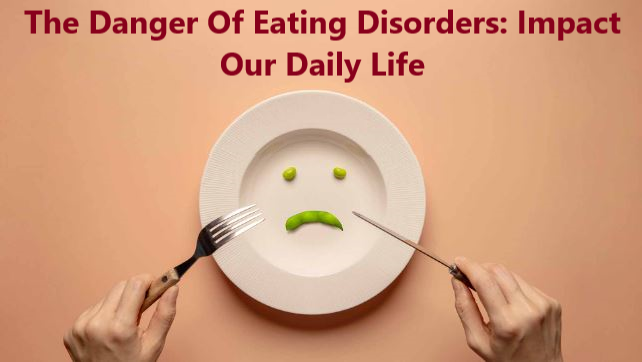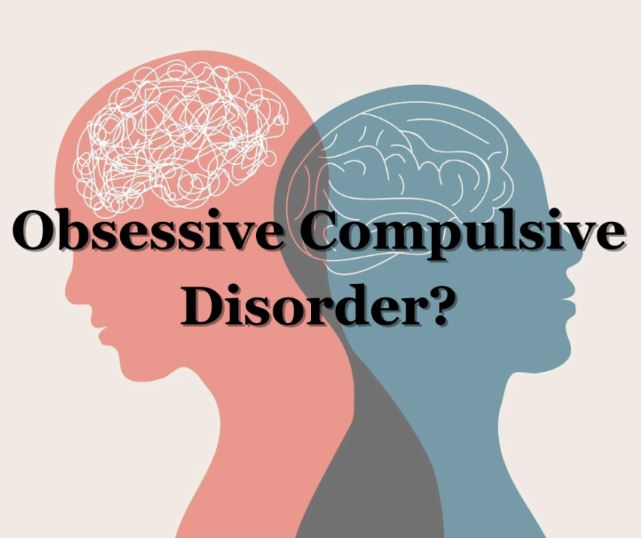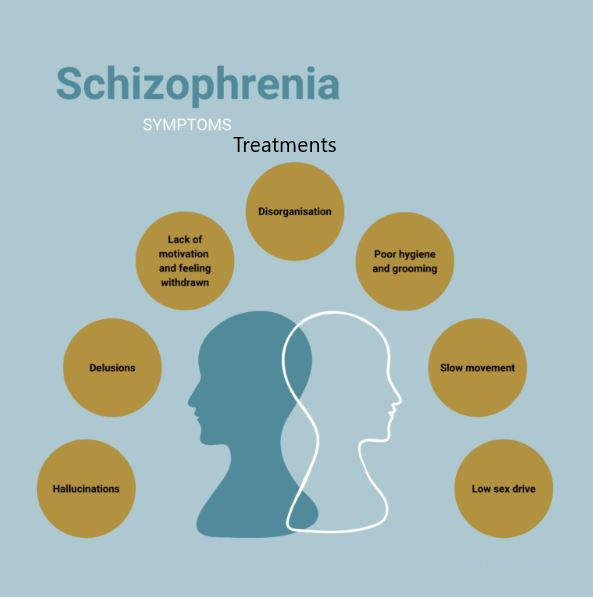Dive deep into the complexities of Trauma and Stressor-Related Disorders, exploring their impact, coping mechanisms, and pathways to healing. Learn how resilience can be built in the face of adversity and the importance of supportive care.
Introduction
Trauma and Stressor-Related Disorders encompass a range of mental health conditions that arise as a direct consequence of exposure to a traumatic or significantly stressful event. These disorders can profoundly impact an individual’s functioning and well-being, manifesting through various psychological symptoms that interfere with daily life. Among these disorders, Post-Traumatic Stress Disorder (PTSD) and Adjustment Disorders are notably recognized for their distinct causes and symptomatology.
Table of Contents
Post-Traumatic Stress Disorder (PTSD)
PTSD develops in some individuals after experiencing or witnessing a life-threatening or highly traumatic event, such as natural disasters, serious accidents, terrorist acts, war/combat, rape, or other violent personal assault. The disorder is characterized by the individual’s intense, distressing response to reminders of the trauma.

Post-Traumatic Stress Disorder (PTSD) is a mental health condition triggered by experiencing or witnessing a traumatic event. The symptoms of PTSD are complex and multifaceted, affecting individuals’ emotions, behaviors, and overall perception of themselves and the world around them. These symptoms can be grouped into four main categories: re-experiencing the trauma, avoidance, negative changes in thinking and mood, and alterations in arousal and reactivity.
Re-experiencing the Trauma
Individuals with PTSD may relive the traumatic event through intrusive and distressing memories, flashbacks, and nightmares. These re-experiencing symptoms can be triggered by reminders of the trauma or sometimes occur without any apparent trigger, causing intense emotional and physical reactions.
Avoidance
Avoidance symptoms involve steering clear of reminders of the trauma. This may include avoiding specific locations, people, or activities that remind the person of the event. It can also extend to avoiding thoughts or conversations about the traumatic experience. This avoidance behavior can significantly restrict an individual’s life, leading to isolation and difficulties in personal relationships and at work.
Negative Changes in Thinking and Mood
PTSD can lead to pervasive negative thoughts about oneself and others, persistent feelings of fear, guilt, or shame, and a diminished interest in previously enjoyed activities. Individuals may feel detached or estranged from others and find it hard to experience positive emotions. These changes can affect personal relationships, self-esteem, and overall outlook on life.
Alterations in Arousal and Reactivity
Symptoms in this category include being easily startled or feeling constantly “on edge,” difficulty sleeping, and experiencing angry outbursts or irritability. These changes in arousal and reactivity can make daily tasks and social interactions challenging, contributing to the distress and impairment caused by PTSD.
Understanding the symptoms of PTSD is crucial for seeking timely and effective treatment. Treatments such as psychotherapy (e.g., cognitive-behavioral therapy, EMDR) and medication can help manage symptoms, improve functioning, and enhance quality of life for those affected by PTSD. Recognizing these symptoms as part of a diagnosable and treatable condition is a vital step toward recovery for individuals and their loved ones.
Adjustment Disorders
Adjustment Disorders are mental health conditions characterized by an inability to adapt or cope with a significant life change or stressful event. Unlike more chronic disorders, Adjustment Disorders are typically triggered by specific events and are limited in duration. However, they can significantly impact an individual’s functioning and well-being during the period of distress.
Symptoms of Adjustment Disorders
The symptoms of Adjustment Disorders can vary widely among individuals but typically revolve around excessive emotional or behavioral reactions to a stressful event or change. Key symptoms include:
- Marked Distress: Individuals experience levels of distress that are noticeably out of proportion to the severity or intensity of the stressor, considering the cultural, individual, and contextual factors.
- Significant Impairment: The emotional or behavioral symptoms significantly interfere with social, occupational, or other important areas of functioning. This might manifest as difficulties in maintaining daily routines, fulfilling responsibilities at work or school, or sustaining personal relationships.
- Emotional and Behavioral Symptoms: Symptoms can include a wide range of emotional states such as feeling sad, hopeless, or excessively worried. Behavioral changes may also occur, such as withdrawing from social activities, experiencing a decline in work or academic performance, or displaying acts of defiance or misconduct in response to the stressor.
Types of Adjustment Disorders
Adjustment Disorders can be categorized based on the predominant symptoms:
- With depressed mood
- With anxiety
- With mixed anxiety and depressed mood
- With disturbance of conduct (where behavioral symptoms predominate)
- With mixed disturbance of emotions and conduct
- Unspecified, where reactions to the stressor don’t fit the other categories
Causes and Stressors
Adjustment Disorders are triggered by identifiable stressors, which can be a single event (e.g., losing a job, the death of a loved one) or multiple stressors (e.g., marital problems combined with financial difficulties). Even seemingly positive changes, like getting married or starting a new job, can lead to an Adjustment Disorder if the individual finds these changes stressful or challenging to cope with.
Treatment
Treatment for Adjustment Disorders aims to alleviate symptoms and assist the individual in achieving a level of adaptation to the stressor. Approaches may include:
- Psychotherapy: Individual or group therapy can provide emotional support, help develop coping strategies, and address any underlying issues contributing to the disorder.
- Crisis Intervention: In cases where the symptoms are severe, short-term crisis intervention may be necessary to help stabilize the individual.
- Medication: While not always necessary, medication may be prescribed to manage specific symptoms such as insomnia or severe anxiety.

Prognosis
With appropriate support and intervention, individuals with Adjustment Disorders often see considerable improvement. The disorder is generally considered acute, with symptoms resolving within a few months, especially with treatment. However, in some cases, chronic conditions may develop if the stressor persists or if the individual has difficulty adapting to change.
Understanding and addressing Adjustment Disorders is crucial, as they highlight the significant impact of life’s stressors on mental health and the importance of developing healthy coping mechanisms. Early intervention can prevent the disorder from worsening and help individuals navigate through challenging times, fostering resilience and a return to normal functioning.
Conclusion
In conclusion, Adjustment Disorders represent a significant and often overlooked category of mental health conditions that arise in response to identifiable stressors or life changes. Characterized by marked distress and impairment in functioning, these disorders encompass a range of emotional and behavioral symptoms that exceed what might typically be expected given the nature of the stressor. From feelings of sadness and anxiety to withdrawal and disruptive behavior, the impact of Adjustment Disorders can touch every aspect of an individual’s life, including their social interactions, occupational responsibilities, and overall well-being.
The recognition of Adjustment Disorders underscores the profound effect that life’s transitions and challenges can have on our mental health. It highlights the importance of adaptive coping mechanisms, social support, and the need for effective strategies to navigate through periods of change and stress. Fortunately, with the right approach to treatment—be it psychotherapy, crisis intervention, or medication—most individuals affected by Adjustment Disorders can expect a good prognosis. Symptoms are typically acute and can be significantly alleviated with professional help, allowing individuals to adapt more healthily to their circumstances.
This understanding of Adjustment Disorders not only provides a framework for addressing specific mental health challenges but also serves as a reminder of the broader necessity for resilience and adaptability in the face of life’s inevitable changes. It emphasizes the value of seeking support when needed and the potential for recovery and growth even in the midst of difficulty. Ultimately, the journey through an Adjustment Disorder, though challenging, can lead to a deeper understanding of oneself and enhanced strategies for coping with the complexities of life.










